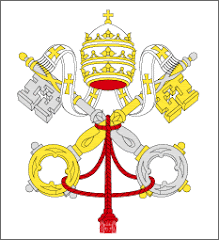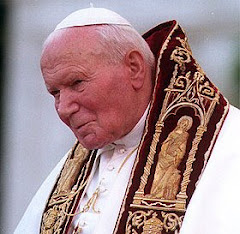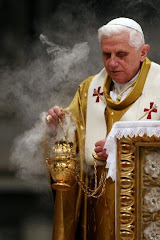
Today’s Gospel reading (Mark 5:35-43) is very much in keeping with last week’s reading (Mark 4:35-41). Christ is not only revealed to us as the One to whom all things show obedience but also as the One in Whom we have no reason to fear.
Jairus was tempted to fear through the temptation of those who said to him, “Your daughter is dead. Why trouble the Teacher any further?” The temptation is this: “Although He is here, there is nothing He can do to deliver you from your suffering.” It is a temptation that leads us to the loss of hope. Fortunately for us, Christ operates from a very different paradigm. This is revealed in his words to Jairus which are meant to counter the words of temptation: “But ignoring what they said, Jesus said to the ruler of the synagogue, ‘Do not fear, only believe.’” In other words, Jesus is not concerned with the latest thoughts on our present difficulties from the many commentators, talking-heads, and pessimistic family members and friends. His concern is that we do not fall into fear, for fear causes a lack of hope, and a lack of hope leads to a lack of perseverance. Had Jairus given in to the voices of despair surrounding him, he would have failed to lead Christ to his child.
An interesting point in the Gospel was made about Jesus’ treatment of those whose fear led them to doubt His power. In 5:37, Jesus allows only certain followers to continue with Him: “And he allowed no one to follow him except Peter and James and John the brother of James.” One can assume that since the others were left behind, that is, those who spoke only of fear and finality, they were in no condition to bring healing to anyone. Peter, James, and John, on the other hand, followed Him unquestioningly and in silence making them worthy witnesses to the power of Christ. Mark 5:40 reveals to us His reaction to those would mock His power: “And they laughed at Him. But he put them all outside…” I may be looking too deeply into this, but I wonder if there’s a connection between the “other side” to which Jesus invited his followers spoken of in last week’s gospel and the “outside” to which those who mock Him are relegated. The point, I believe, is that as long as we operate through fear, our eyes will always be ones that do not see, our ears ones that do not hear. Fear keeps us bound to the “outside”; faith and hope carry us to the “other side”. What this entails, though, is the trust in Him that allows us to abandon ourselves to His will, whatever it might be with the knowledge that whatever He does is done perfectly. There can be no other way better than His for He is Perfection Itself.
We must be willing to learn lessons in abandonment to Divine Providence if we ever wish to experience His power and glory without fear.



















